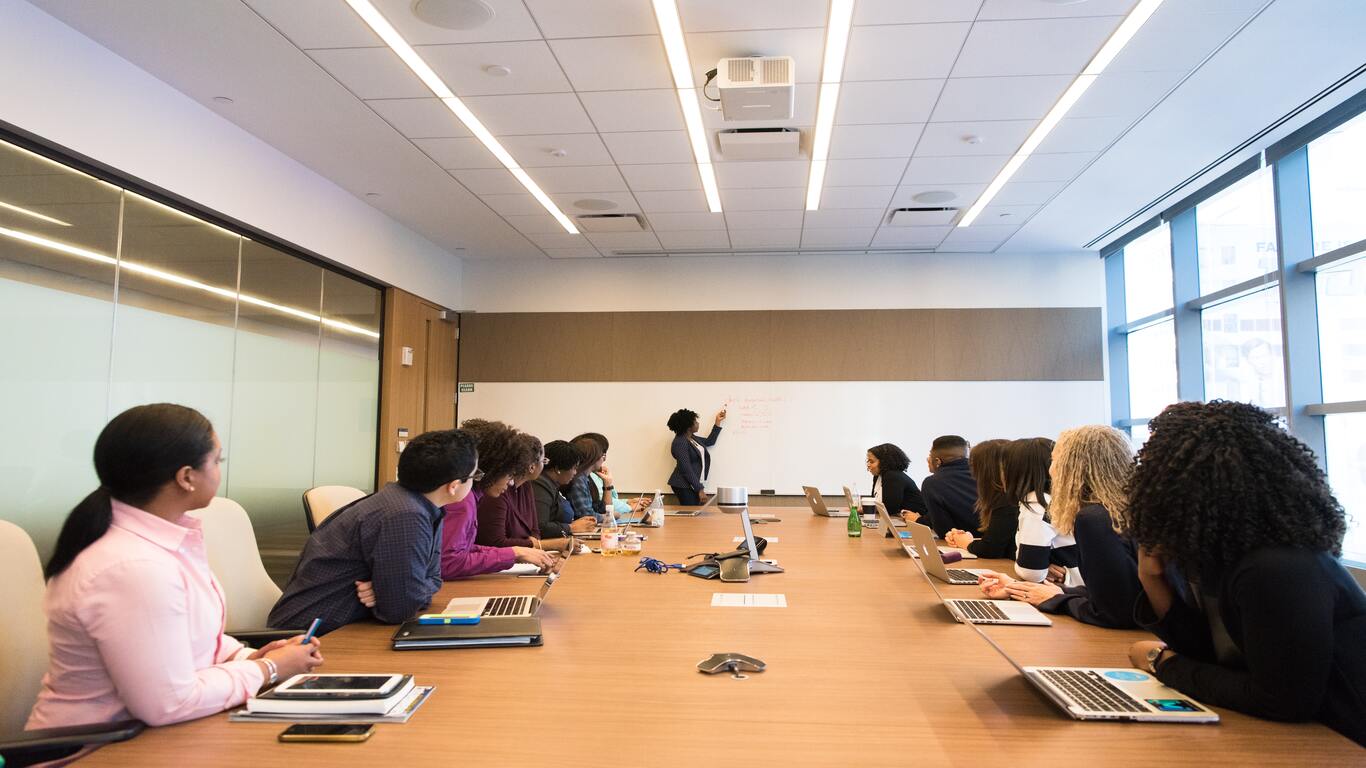“A thousand different ways to get it wrong – only one to get it right.”
This quote is attributed to Ben Hogan, a legendary professional golfer known for his meticulous approach to the game. I wish I could say the same when it comes to the POSH awareness sessions. Instead, there are a thousand different ways to get them right, and doing only one is the wrong thing.
“One session is incomplete, mostly monologue, curated and received as an introduction, and even if done in the most brilliant facilitation, a mere surface touch on this subject. If adequate and more information is not provided with regular methods, it will do more damage than benefit.”
Let me begin by stating that even the Sexual Harassment of Women at Workplace (Prevention, Prohibition, and Redressal) Act, 2013 also known as the POSH Act expects you, an employer, through your HR, Legal, L&D, and employee engagement teams to do it at least more than once. While some companies are contemplating two sessions, they somehow cannot seem to go beyond this count and that is because there is no one single way to execute these sessions for your teams. For the dynamic and diverse teams of today, POSH awareness sessions also need dynamic and creative curations. Before you start strategizing this, let us go through some of the methods that are commonly available and then we can dive into how to create the right combination for your team. 
Get in touch with us for your POSH compliance
The traditional in-person workshops have been a favorite in many organizations. These sessions often provide a platform for face-to-face interactions, group discussions, and role-playing exercises. They allow employees to ask questions and share their concerns directly with trainers or experts. Successful workshops create a safe space for participants to engage in open conversations about sensitive topics. However, this approach may be difficult for companies with fragmented employee bases, and large team strength, and also not so feasible for a fast-growing team for repeat sessions. Most of the time, in-person workshops remain as a once-in-a-year or two-year activity.
Shivani Madan Bose, POSH Trainer & DEI Consultant says:
“POSH awareness sessions have received a mixed response in our country. The reasons for this are that a lot of companies try to get training done at the lowest possible cost. Hence trainers have less experience in handling cases. Thus, their sessions are theoretical in nature and lack practical examples. This topic needs to be handled with a lot of emotional maturity. Hence, we need adequately trained faculty for it. If training is not imparted in an empathetic manner, it can backfire.
Additionally, The Act is not gender neutral i.e. men cannot file cases under the POSH Act. It leads to a lot of resentment by men working in the company and With the rise of false cases, we also need a proper mechanism to ensure the act is not misused.”
With the advancement of technology, webinars have gained traction. These formats offer flexibility in terms of scheduling and location. Companies can reach a wider audience, especially remote or geographically fragmented employees, making it easier for everyone to access the information. Successful webinars and modules are interactive and engaging, leveraging multimedia elements to enhance learning. However, these sessions can often fall short of visibility of engagement or engagement altogether. Challenges on accessibility of stable net, system, and for specific segments of the workforce, these sessions can actually lead to more confusion than clarity.
Also read: Why are POSH awareness sessions important?
The onset of e-learning modules has allowed for a varied group of employee base to access awareness on this subject at their own pace and time. Elearning modules also allow for more interactive sessions with questions and answers to cultivate conditional learning. While most of the learning modules are video-based with real-life incidents recorded, or animation videos, advanced forms are now more prevalent in the form of conversational bot and combination methodology.
However, despite the availability of different methods, companies may fall short of conducting effective POSH awareness sessions. In order to invest in and run successful POSH awareness sessions, let us also see why sessions mostly fail:
Lack of Engagement
If sessions are mandatory but poorly structured or monotonous, employees may disengage, leading to limited retention of information.
Superficial Approach
Some companies might treat POSH awareness as a mere compliance requirement rather than an opportunity for meaningful education. This can result in a lack of genuine commitment to creating a respectful workplace.
One-Size-Fits-All
A standardized approach that does not consider the diverse needs and preferences of employees may fail to effectively resonate with everyone.
Mallika Bhushan, Advocate &POSH Consultant says:
“The most common reason a POSH training fails is because some employers consider it as a ‘tick the box’ activity or just want to do it for compliance purposes. In One sided session, there is no interaction and hence it becomes difficult for the facilitator to gauge the understanding level of the audience. Also, in some organizations, the participants in POSH training are only female employees.
In my opinion, it is important that the management, leadership, and HR should understand the purpose and the impact these awareness sessions make. ‘One small step can make a huge impact’.”
Absence of Follow-Up
Conducting a single session without ongoing reinforcement and follow-up can lead to the fading of awareness over time.
Ignoring Cultural Sensitivities
POSH issues can vary based on cultural contexts. A session that doesn’t address these nuances can overlook important aspects of the problem.
Lack of Leadership Involvement
When senior leadership fails to demonstrate their commitment to POSH awareness, it sends a message that the initiative is not a priority.
So then, how to choose one single method for your team?
Thankfully you do not have to choose just one.
The best way is to create a combination methodology where you can identify your employee segments and align the awareness sessions keeping their needs and working conditions into consideration. Follow the steps:
Step 1: Know and divide your employee segment based on accessibility, language, function, the complexity of their role, and more factors.
Step 2: Write down the level of awareness that exists at present on this subject and then write down what specific areas you would like them to know about. This will allow for dedicated conversations.
Step 3: You know the larger topic ie. POSH, but now write down the minute and associated topics that you need them to get knowledge reinforcement on.
Step 4: Sit down with your POSH advisor and then create a calendar of interventions- sessions, e-learning modules, posters, micro modules, self-paced learning, and more. With this also identify the frequency of the same for each segment.
Step 5: Monitor and take feedback from the employees and also the POSH advisor, facilitating team. You cannot repeat the same content for next year. So make sure sufficient data points are collected to continue this journey for next year and beyond. 
Also read: POSH Policy at workplace: Everything you should know
Remember, POSH awareness is a sensitization and not a training. There is a huge difference between the two. While companies are making efforts to conduct POSH awareness sessions through various formats, their success can be hindered by a lack of engagement, a superficial approach, standardized content, absence of follow-up, cultural insensitivity, and insufficient leadership involvement. Addressing these shortcomings is essential for creating a truly effective POSH awareness program that contributes to a safe and respectful work environment for all employees.
Looking for specific help on this? Write to us at contact@ungender.in or get in touch with us and hear case studies on how we have curated and executed the POSH Awareness calendar for our diverse set of client partners.
Author: Pallavi Pareek is the Founder and MD of Ungender. Having handled more than 6,000 sexual harassment and workplace misconduct cases, she is an expert in the field of workplace sexual harassment laws and in building diverse and inclusive workplaces. Pallavi is also the leading advisor, trainer, consultant, and external member for some of India’s biggest organizations in these matters. Her approach is grounded in research, and she draws upon the latest insights and best practices to inform her work.










